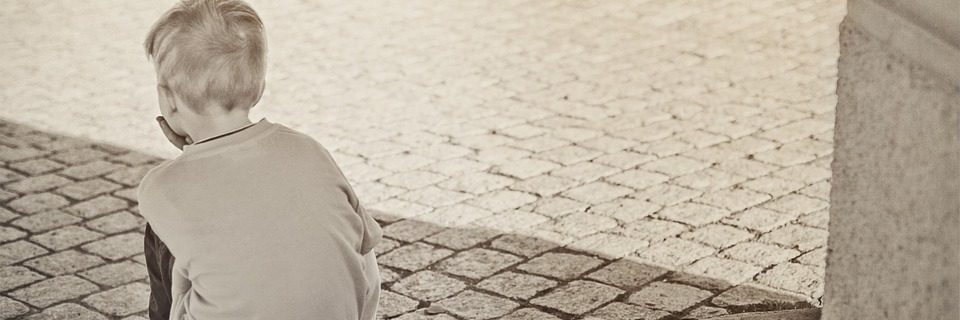Raising the age of criminal responsibility will give children the opportunity to move away from their offending behaviour and address wider issues around offending, says Scotland’s national centre for youth justice.
The recommendation to increase Scotland’s age of criminal responsibility from eight – one of lowest ages of criminal responsibility in the world – is welcomed by the Centre for Youth & Criminal Justice (CYCJ).
In 2015, an amendment was tabled in the Criminal Justice (Scotland) Bill to raise the age from eight to 12, bringing it into line with the age of criminal prosecution. This was defeated on the basis that the Scottish government agreed to further consultation on the issue.
An advisory group on the Consultation on the Minimum Age of Criminal Responsibility was set up, which invited recommendations in relation to the minimum age of criminal responsibility. The response by CYCJ is now available for public viewing.
Raising the age of criminal responsibility acknowledges that children who offend are often vulnerable and victims themselves, stated CYCJ’s response:
“Given the range of vulnerabilities/victimisation and difficulties faced by children involved in offending, combined with their stage of development and thus limited capacity to understand the law and make independent decisions to offend, we think it is of fundamental importance to raise the age of criminal responsibility. For too long we have been labelling some of our most vulnerable children as ‘criminal’ which introduces another barrier for them to overcome and can prevent us from focusing on the wider issues involved in their offending.”
CYCJ is in favour of a multi-agency scoping study of training and skills, as an opportunity to strengthen the skills of the child care and protection workforce to assess and manage risks posed by children, as well as managing/assessing the risks to children.
CYCJ also stressed the importance of victim support for children:
“When we look at the population of children involved in offending they nearly always have a background of victimisation and vulnerability, but if we look at the population of children who experience victimisation/vulnerability most of them do not go on to seriously harm others.
It is essential that we support all victims/survivors, including children who have been victims – who are also the most likely group to be the victims of harm caused by other children. Support for child victims is under resourced and would benefit from additional attention.”
View the full response by CYCJ here.
Read Debbie Nolan’s blog on raising the age of criminal responsibility.

